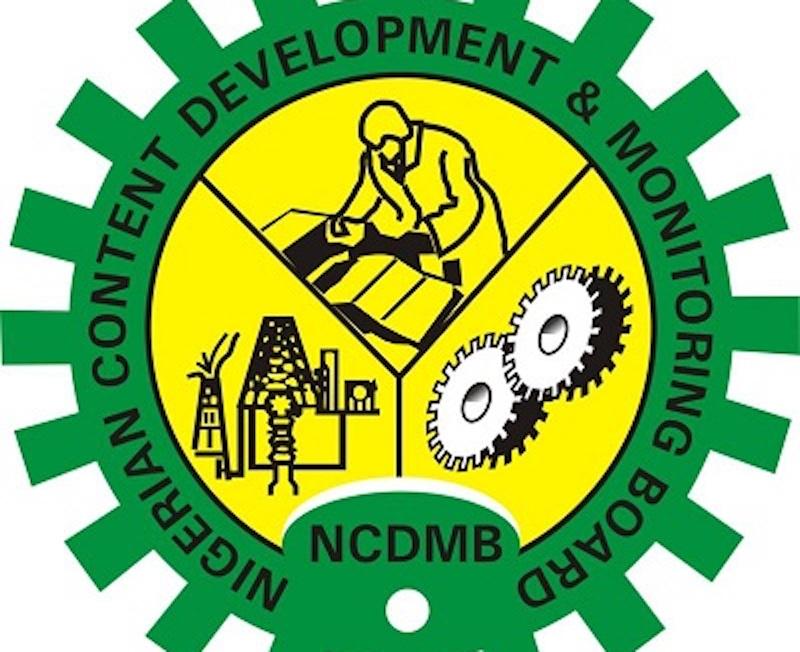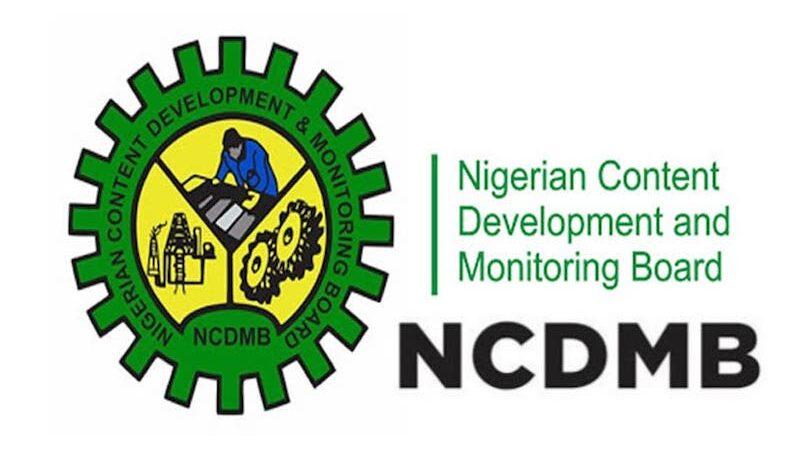Ejiofor Alike
The federal government has approved a third party forensic audit of Nigerian Content Development Fund (NCDF) remittances with regards to deduction and remittance of deductions meant for NCDF, especially in the areas of contracts and sub-contracts for certain supplies in the upstream oil and gas industry.
Speaking at a recent two-day NCDF Stakeholders Sensitisation Workshop and Conference held in Lagos, the Executive Secretary of the Nigerian Content Development and Monitoring Board (NCDMB), Mr. Simbi Wabote said the forensic auditors, who would commence work next month, would determine and recover unremitted NCDF obligations in the oil and gas industry.
Wabote said the forensic auditors shall possess the powers of NCDMB in the course of their assignments, adding that the conference was specifically intended to formally enlighten covered entities on the modalities so that they would not be taken by surprise.
According to him, the $200 million NCDF into which oil and gas companies contribute one per cent of their upstream contracts, was established by Section 104 of the Nigerian Oil & Gas Industry Content Development (NOGICD) Act of 2010
He added that the NOGICD Act gives the NCDMB the mandate to manage the fund and employ it for activities directed at increasing Nigerian in the oil and gas industry.
Wabote noted that his agency is aware of infractions by certain covered entities who have failed to remit the one per cent as provided by the law and vowed that the NCDMB will unless the financial crimes authorities on the defaulters at the end of the forensic audit.
He further stated that the first step is to stop the defaulters from executing contracts in the industry until they remit their outstanding obligations, adding that if they still failed to pay, the financial crimes authorities would be unleashed on them.
“If we go strictly by the law, before you award the contracts, you should remit the one per cent into the NCDMB’s TSA with the Central Bank of Nigeria. However, because we understand the dynamics of the industry, such that there are call-off contracts, which we also know, we decided to moderate the payment mechanism such that it is on invoice-by-invoice basis. That is the reason for that; not that we don’t know what the law says should happen. If we go by what the law says, the whole accounting system will be messed up,†Wabote said.
“In call-off contracts, even though they tell you that they have $100 million contracts, the actual jobs awarded at the end of the year may not be more than $30 million because it is a call-off contract and there is no way you will pay us one per cent of $100 million and expect us to refund you the balance because you did not execute the contracts. It doesn’t happen; it is a struggle. Once you pay the one per cent, to bring the money out is an issue,†he added.
He vowed that the NCDMB would go after defaulters, stressing that some foreign companies default by giving contracts to their home-office entities, which are part of the company.
“These home-office entities, in turn, give the contracts to external parties that do not remit to the fund,†Wabote added.



